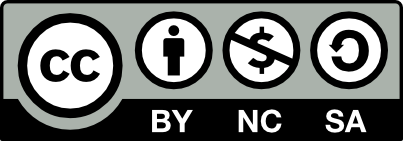Perception of covid-19 vaccine among healthcare workers in Pakistan and Saudi Arabia.
Main Article Content
Abstract
Introduction: COVID-19 vaccine was approved in late 2020 for healthcare workers
and were made available for public in early 2021. Healthcare workers opinions and
knowledge about vaccine safety directly impacts public perception about the vaccine.
Objectives: The aim of this study is to assess the perception of health care workers
towards administration of COVID-19 vaccine and to access the awareness of COVID
vaccine among healthcare workers in Pakistan and Saudi Arabia.
Methodology: This survey based study was conducted between February 2021 to
April 2021. Total 405 health care professionals approached electronically and data
collected, after taking consent, using a questionnaire. Analysis was done by SPSS
version 21.
Results: 405 health care professionals participated in current survey. Female outnumber male participants. Although majority were willing to be vaccinated, those
refusing were afraid of the side effects of the vaccine.
Conclusion: Healthcare workers, both from Pakistan and Saudi Arabia, have high
acceptance ratio for COVID-19 vaccine. Fear of adverse effects and myths are the
major factors for refusal of vaccine..
Keywords: Covid-19; SARS CoV-2; Healthcare workers; Vaccine
Downloads
Article Details

This work is licensed under a Creative Commons Attribution-NonCommercial-NoDerivatives 4.0 International License.
Journal of Muhammad Medical College (J Muhammad Med Coll) belief that all researches are basically conducted for the benefit of humanity. Research is the product of an investment by society and consequently its fruits should be returned in a transparent fashion to all humankind without any discrimination.
Journal of Muhammad Medical College is an open access journal which means that all content is freely available without charge to users or / institution. When used non-commercially all users are allowed to read, download, copy, distribute, print, search, or link to full text articles in this journal without asking prior permission from the publisher or author as long as original author(s) are acknowledged.
Journal of Muhammad Medical College operate under Creative Common License CC-BY-SA that allow reproduction of articles free of charge, for non-commercial use only and with the appropriate citation information. All authors publishing with Journal of Muhammad Medical College accept these as the terms of publication.

This work is licensed under a Creative Commons Attribution-NonCommercial-ShareAlike 4.0 International License